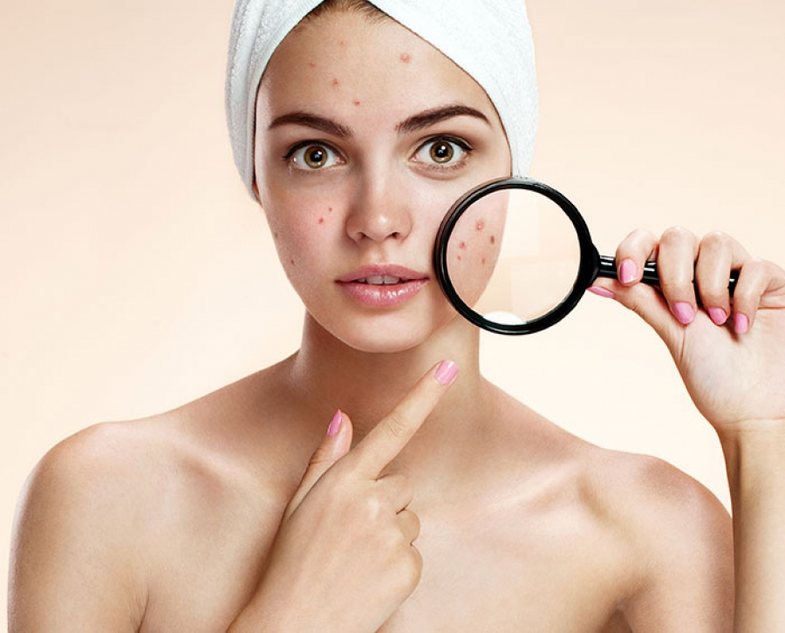
Acne is a common skin condition that affects almost 10% of the world's population. Many factors contribute to the development of acne, including the production of sebum and keratin, the bacteria that cause acne, hormones, clogged pores and inflammation.
The link between diet and acne has been controversial, but recent studies show that diet can play an important role in the development of acne. Research on certain foods that have an increased risk of developing acne is still ongoing and often discussed. However, there are other foods and nutrients that have been proven to help to have a clean skin.
Omega-3 fatty acids: Omega-3 are anti-inflammatory and regular consumption has been linked to a reduced risk of developing acne.
Probiotics: Probiotics promote a healthy gut and a balanced microbiome, which is associated with reduced inflammation and a lower risk of developing acne.
Green Tea: Green tea contains polyphenols that are associated with decreased inflammation and decreased sebum production. Green tea extracts have been found to reduce the severity of acne when applied to the skin.
Turmeric: Turmeric contains polyphenols anti-inflammatory curcumin, which can help regulate blood sugar, improve insulin sensitivity and inhibit the growth of acne-causing bacteria, which can reduce acne.
Vitamins A, D, E and zinc: These nutrients play essential roles in skin and immune health and can help prevent acne.
Paleolithic style diets : Paleo diets are rich in lean meats, fruits, vegetables and nuts.
Mediterranean-style diets: A Mediterranean diet is rich in fruits, vegetables, whole grains, legumes, fish and olive oil and low in milk and saturated fats.
Sources: Health, Healthline


